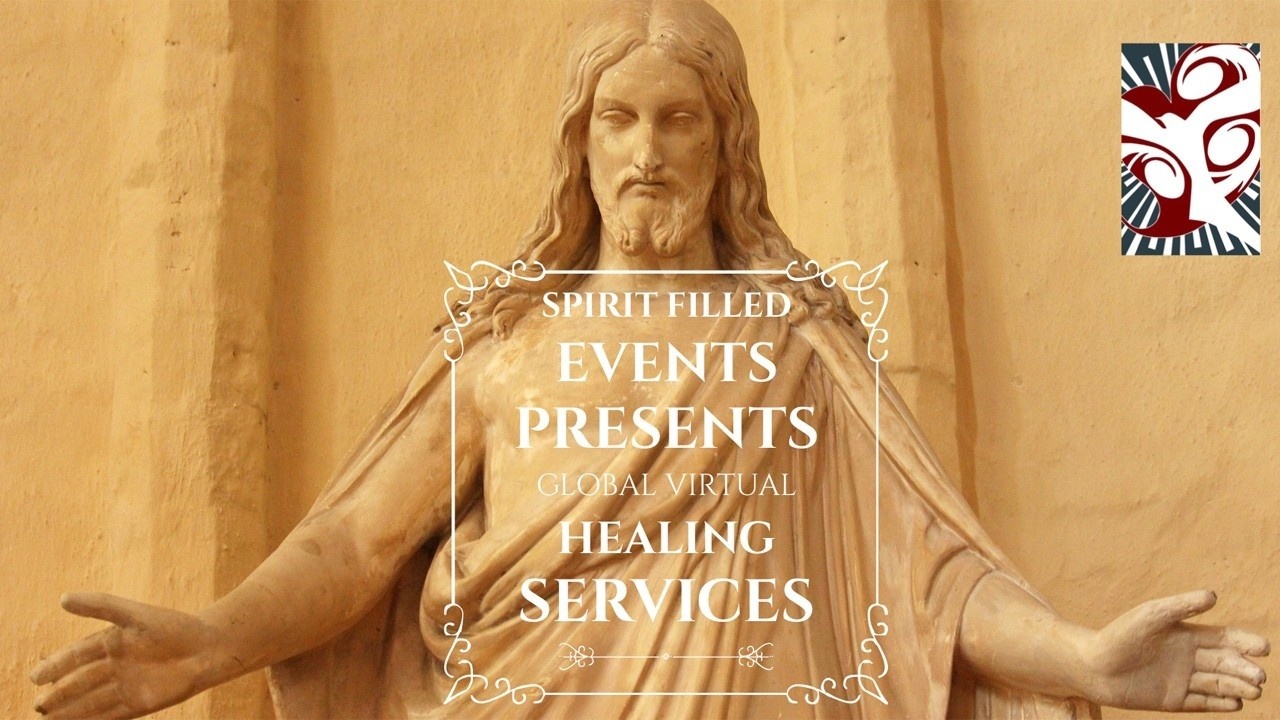Beauty of Our Catholic Heritage - Stations of the Cross
Fr. Jacob Hsieh is a Norbertine priest of St. Michael’s Abbey teaching religion and Latin at Mary Star of the Sea High School in San Pedro and chant at Ss. Peter and Paul Church in Wilmington. He is a graduate of Thomas Aquinas College and was ordained a priest in 2015. As we begin the Holy Season of Lent, Fr. Jacob talks with us about the Stations of the Cross.
TRANSCRIPT:
announcement: 0:34
Welcome to the beauty of our Catholic heritage. Our host is father Jacob Shea, a Norbertine father of St. Michael's Abbey in Orange County, California. Father Shea has a great love for our church's heritage, the beauty of our Catholic heritage with father Jacob Shea
Fr. Jacob Hsieh: 0:54
Welcome back to the beauty of our Catholic heritage, here with father Jacob Shea. Let's begin in the name of the Father and the Son and of the Holy Spirit. Amen. Glory be to the Father and to the Son and to the Holy Spirit, as it was in the beginning is now and ever shall be world without and Amen. St. Joseph, pray for us, in the name of the Father and the Son and of the Holy Spirit. Amen. So we are in the midst of Lent. Here, let us meditate upon the Stations of the Cross. These are great gift to us from the Blessed Virgin Mary. And we must indeed take this as a treasured gift and really see the glory and the marvels that are contained in this most precious devotion. We of course, know the beauty of the Rosary. And indeed, this is really the most powerful weapon after the mass and the divine office, then we also have the great devotion of the Stations of the Cross, we must see that devotion to the Stations of the Cross is going to help us to develop our mental prayer. Just like the rosary helps us to develop our mental prayer. So to do we learn to enter into the divine silence of contemplation through the Stations of the Cross, remember the importance of mental prayer and especially inlet, when we are giving everything to Jesus even more than before. We fast it's true, we give all it's true. However, the most important of all of these is to unite ourselves to God, we must enter into the heart of Jesus, in deep, silent prayer. And we must practice this even more land is entering into the desert for 40 days with our Lord, we must enter into that deep desert, where we are alone with God. And we give everything to God with all of our hearts, and all of our minds, all of our soul, and all of our strength. So as we have said before, the rosary helps us to do our mental prayer. And again, mental prayer is going to start off with recollection. And then it moves to meditation, and then contemplation. And then as many of the spiritual writers say, we should end with a resolution, that is the fruit of our mental prayer. And so of course you want to recollect yourself and this is exactly what the rosary does. When you say the prayers that are repeated our father and Hail Mary, you're recollecting yourself. Then as you meditate, you're meditating on the mysteries, you're thinking discursively, about what is happening, right, your mind is going from one thing to another. In the mystery, that's what it means to be discursive prayer. So we're thinking about the Annunciation, or, We're inlet here, we're thinking about the beauty of the cross and the love of our Lord as He looks upon our lady, every detail we are thinking of as much as we can, moving from one to another to another discursive means movement from one holy thing to another holy thing to another holy thing, in order to feed our minds and strengthen our heart with nourishment, so that we can really begin to contemplate or rest in God. Thus, meditation, when done correctly, leads to contemplation and then in contemplation, we rest in the heart of Jesus, we rest in the heart of Mary, loving Him on the cross. So instead of going from detail to detail, or from thought to thought about the cross, we just embrace Jesus on the cross We stand there with Mary at

